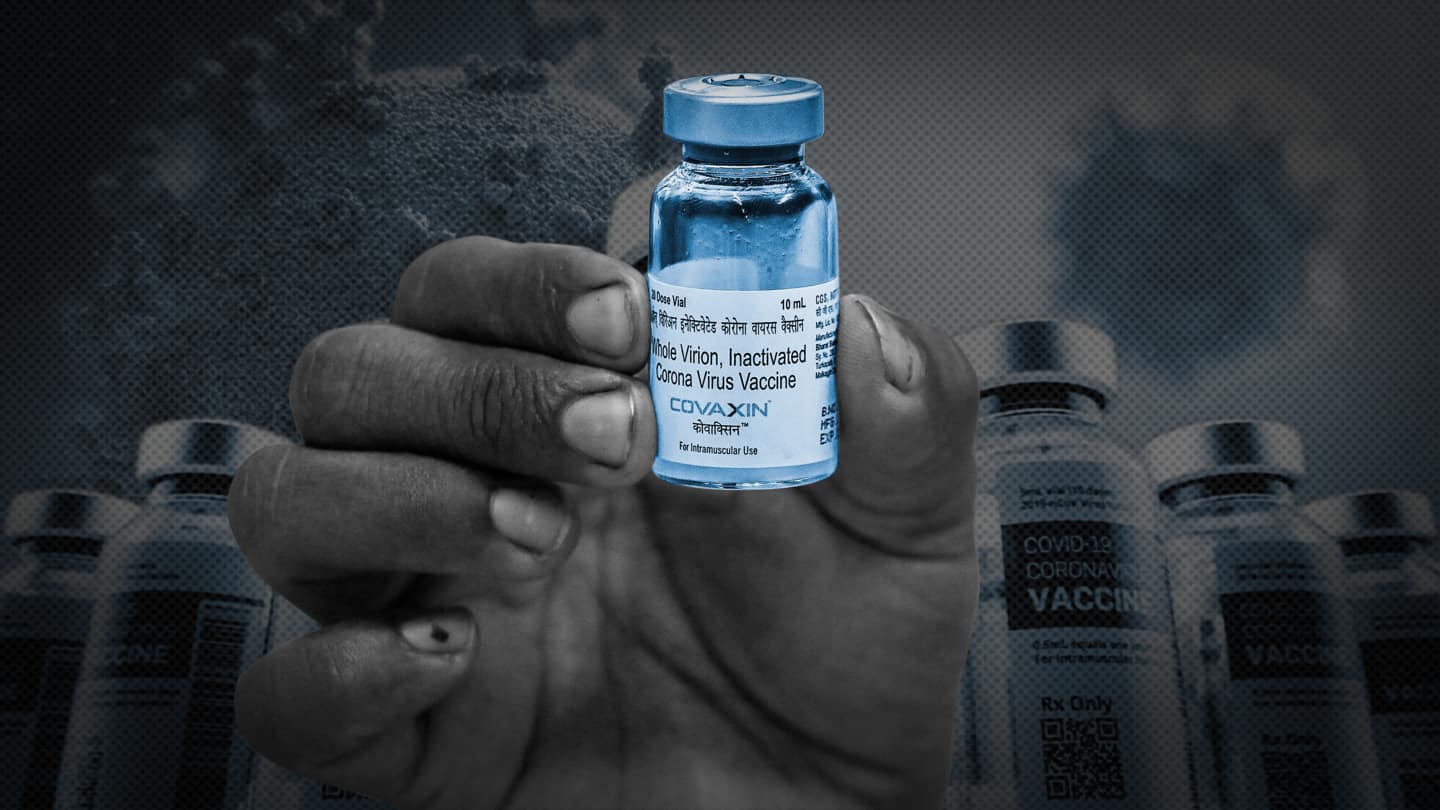
COVAXIN under review; may get WHO recommendation in 24 hours
What's the story
A technical advisory group of the World Health Organization (WHO) is reviewing data on COVAXIN and may recommend emergency use approval for the vaccine within 24 hours, an official said.
The Indian indigenous vaccine against the coronavirus has so far been unable to secure a WHO nod due to insufficient trial data.
Here are more details on this.
Quote
WHO's Margaret Harris confirmed the news
"If all is in place and all goes well and if the committee is satisfied, we would expect a recommendation within the next 24 hours or so," WHO official Margaret Harris told reporters at a UN press briefing, according to Reuters.
Context
Why does it matter?
A WHO approval for COVAXIN will help the vaccine gain wider acceptance around the world.
International recognition will allow Bharat Biotech to start widely exporting its vaccine and let people fully vaccinated with the jab to travel abroad without facing restrictions.
Notably, many Indians, who received this vaccine, have been facing issues in traveling abroad.
Developments
Cannot cut corners, WHO said
Earlier this month, the Strategic Advisory Group of Expert on Immunization (SAGE) had held a meeting to discuss COVAXIN's approval.
WHO also recently said that it was seeking additional information from Bharat Biotech for a thorough evaluation of the vaccine.
"We cannot cut corners before recommending a product for emergency use," the global health body tweeted.
Vaccine
COVAXIN's approval marred by delays
COVAXIN, developed by Bharat Biotech, was India's first approved indigenous coronavirus vaccine and has been found nearly 78% effective.
Its approval by WHO has been pending for several months, marred by delays over insufficient trial data.
In June, the United States Food and Drug Administration (FDA) had also rejected its application for an emergency use approval.
WHO
WHO has so far approved 7 vaccines
WHO has so far given its Emergency Use Listing to seven COVID-19 vaccines.
They are the Pfizer-BioNTech vaccine, the Johnson and Johnson (J&J) vaccine, two versions of the Oxford-AstraZeneca vaccine, Moderna's shot, and China's Sinopharm and Sinovac vaccines.
The EUL is a risk-based procedure that considers vaccines for assessment and listing. The process also includes therapeutics and in-vitro diagnostics.